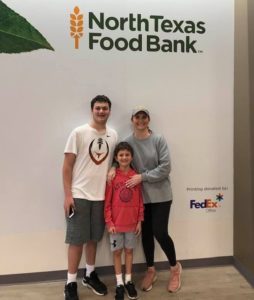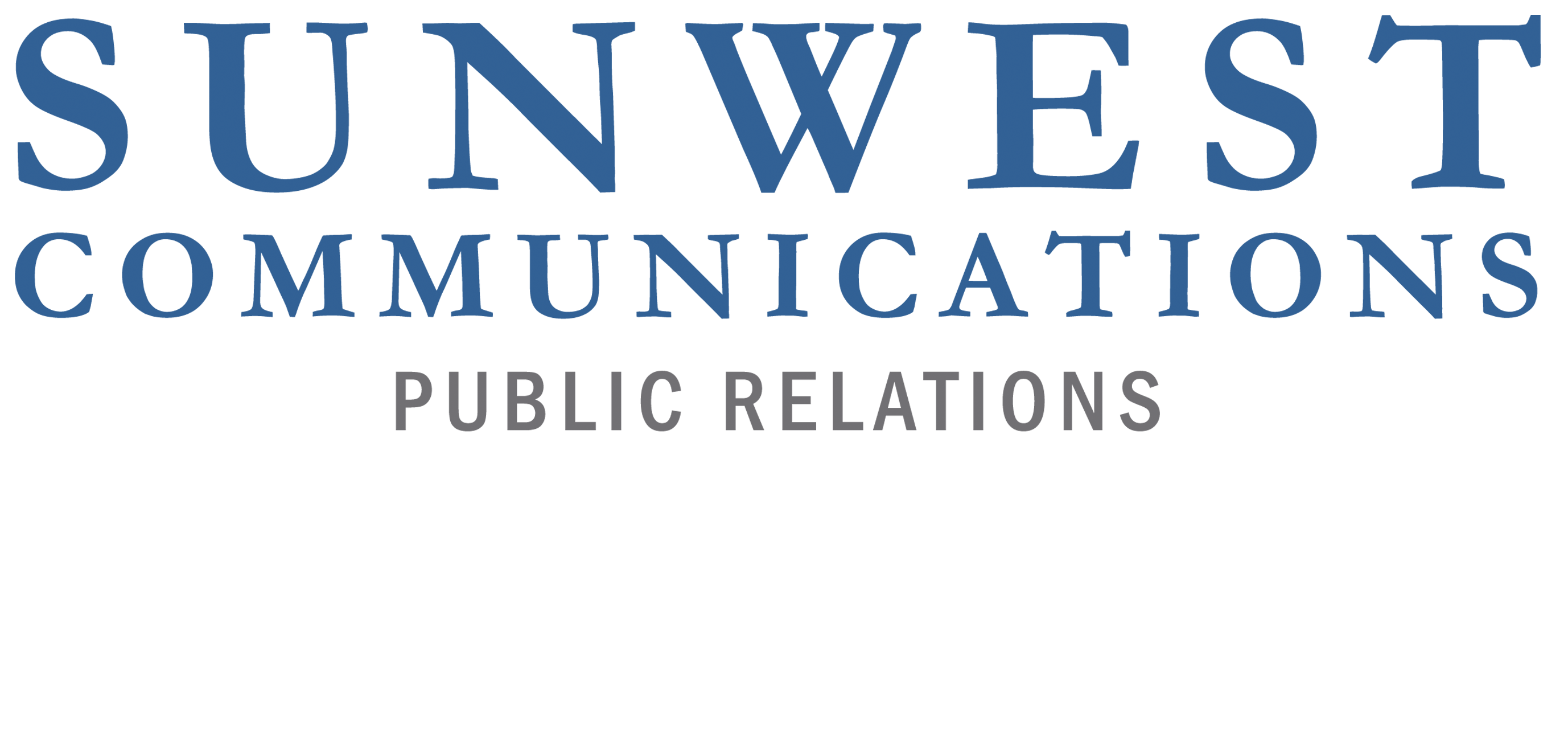The Case for Intentional Altruism
April 13, 2020WHITNEY STRAUSS
Senior Counsel – CSR & Philanthropic Services

When crisis strikes, we generally know how to respond. Take the October tornado as an example—we helped with the clean-up efforts, held donation drives, and went door-to-door to ask if our neighbors needed anything. Now, in these uncharted waters of COVID-19, we have realized our old response mechanisms and strategies don’t – and shouldn’t – apply here.
We have implemented social distancing and self-isolating so we can, God willing, flatten the curve and move into recovery sooner rather than later. We are seeing communities and individuals hurt in ways like never before, and all we want to do is answer the question, “How can I help?” Giving back and supporting each other is crucial during the healing process, but we need to make sure we are doing this thoughtfully and purposefully.
How Can We Help?
In situations like this, both corporations and individuals must adopt “intentional altruism.” Altruism, or the need to give back, is an activity fundamental to the human experience, and one in which most of us can and should participate—especially now. Giving back intentionally means we have to shift our efforts from what feels good to do for others to what is good to do for others. Are we helping where it is helpful? We must ask those in need what would help them, even if that looks different from the help that has been traditionally given.
For example, food banks have changed the way they operate and changed their guidelines for what they can accept as donations. In addition, they are now supporting thousands more individuals that are experiencing food insecurity due to a skyrocketing unemployment rate, among other reasons. Needs are changing every single day, so we must adapt to them. If you want to give back and help those that are being impacted, research beforehand how to do that best—again, help how it’s helpful.
We’re Better Together
Before society can give more intentionally, there must first be a sense of obligation toward inclusion of others in finding solutions. We must view others as equal. Evidence suggests that people are more likely to engage in altruistic behaviors on behalf of known rather than unknown others, particularly if such known others are perceived as more alike than different from oneself. They are more likely to perceive others as similar if there are opportunities to interact that support the reduction of negative stereotypes and the promotion of positive interactions. Learning about other groups also implies viewing them not from the perspective of one’s own group, but from that group’s perspective as well. We need to engage with all parties in these relief and recovery efforts—we can’t assume we know how to help everyone.
Moving Forward
This is the time for people to come together and heal together. We can cross boundaries that haven’t been crossed before in supporting and caring for one another. We can, and must, think outside of the box to help the impacted. We need to change our question from the vague, “What can I do?” to “What can I do specifically that will help you and what are your actual needs?” We can and will come out of this, and I hope we come out of it with more gratitude and compassion for our neighbors—all our neighbors.
Whitney Strauss is senior counsel for corporate social responsibility and philanthropic services at Sunwest Communications, a Dallas-based public relations and public affairs firm. Whitney graduated with a Bachelor of Arts degree in Political Science from Texas Christian University and received a Master of Science in Public Service Management from DePaul University. She is currently pursuing her doctorate at SMU.
